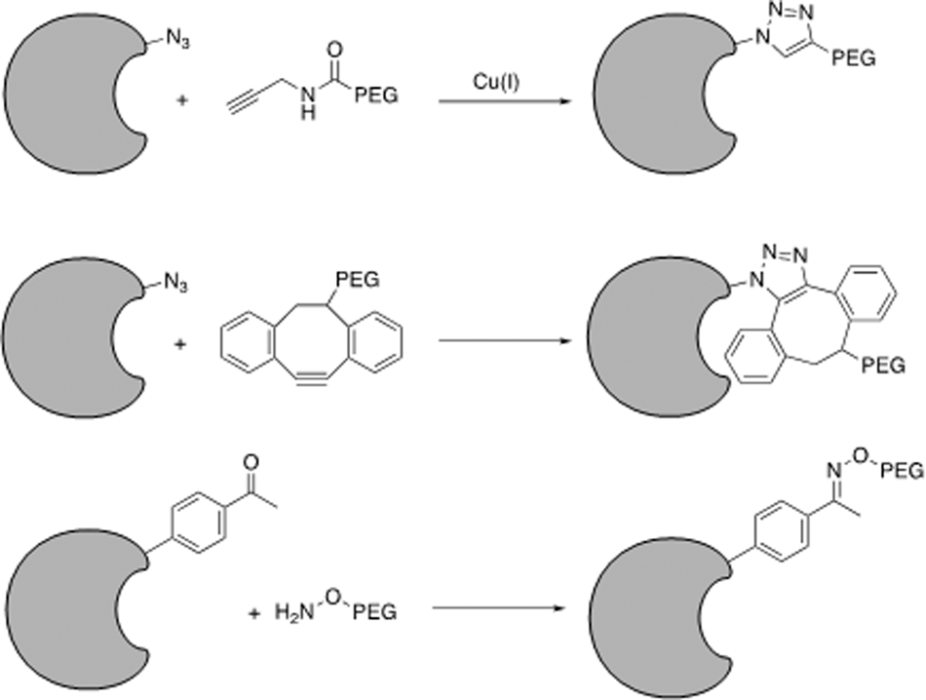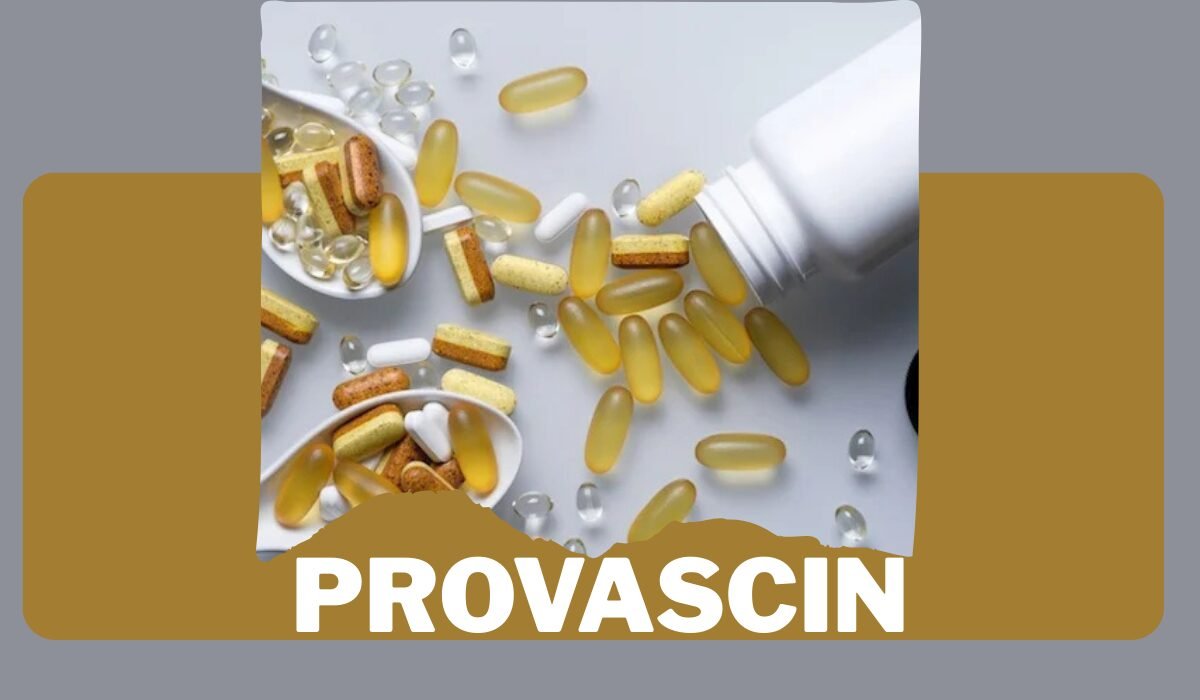Peptide chemistry is increasingly shaping modern medicine by enabling the development of targeted therapies. Peptides offer high specificity and lower toxicity, making them ideal for treating cancer, diabetes, and infectious diseases. Advances in peptide synthesis and delivery methods drive innovation, improve drug design, and open new possibilities for personalized treatments and biopharmaceuticals.
Introduction to Peptide Chemistry
Peptide chemistry has become a cornerstone in the development of innovative therapeutic drugs. This branch of chemistry focuses on synthesizing and studying peptides, short chains of amino acids linked by peptide bonds. The unique properties of peptides, such as their ability to mimic natural biological processes, make them extremely valuable in medical research and treatment. Modern advancements have made custom peptide synthesis more efficient, enabling scientists to develop highly specialized treatments tailored to individual needs. This progress is helping to unlock new therapeutic potentials and driving more personalized approaches to medicine.
The Importance of Peptide-Based Drugs
Peptide-based drugs have carved out a significant niche in the pharmaceutical industry, offering unique advantages over small molecule drugs. Their high specificity and efficiency in targeting disease pathways have made them a preferred choice in many therapeutic areas. Conditions such as cancer, diabetes, cardiovascular diseases, and rare genetic disorders have seen substantial advancements due to peptide-based treatments. Peptides can be engineered to interact with specific cellular receptors, enhance the body’s natural biological responses, and facilitate more accurate drug delivery. These capabilities improve therapeutic outcomes and reduce adverse side effects, enhancing patient compliance and quality of life.
Advances in Peptide Synthesis Techniques
The field of peptide chemistry has witnessed remarkable advancements in synthesis techniques, which have significantly expanded the scope and effectiveness of peptide drugs. Modern methods such as Solid-Phase Peptide Synthesis (SPPS) and Liquid-Phase Peptide Synthesis (LPPS) have increased the efficiency and precision of peptide production, minimizing impurities and enhancing the overall quality of the peptides. These techniques allow for the rapid assembly of amino acids into peptides with high purity and yield. For more detailed information, you can read about the latest advancements in peptide synthesis. Innovations in peptide synthesis techniques are pushing the boundaries of what peptides can do and making them more accessible and cost-effective for research and therapeutic use.
Peptide Chemistry in Cancer Treatment
Cancer is still one of the most complex diseases to cure, with conventional treatments sometimes having severe side effects and being ineffective. With fewer side effects and better patient results, peptide-based medications provide new options for targeted cancer therapy. Innovations in this field are giving hope for more effective cancer treatments. Therapeutic medicines can be delivered specifically to the tumor location while preserving healthy tissues thanks to peptides engineered to detect and attach to specific cancer cells. By minimizing harm to normal cells, this focused strategy lessens the side effects commonly linked with radiation and chemotherapy. Additionally, peptide-based drugs can be combined with other treatments to enhance their effectiveness and tackle cancer from multiple angles.
Peptides in Diabetes Management
Diabetes treatment has also benefited from advances in peptide chemistry. Peptide drugs that mimic natural hormones can regulate blood sugar levels more effectively than some traditional treatments. This has led to better disease management and improved patient quality of life. For instance, GLP-1 receptor agonists are peptide-based drugs that have shown great promise in controlling blood glucose levels and aiding in weight management. These peptides stimulate insulin secretion, inhibit glucagon release, and slow gastric emptying, thereby regulating blood sugar levels and reducing the risk of hyperglycemia. Advances in peptide drug formulations have also improved the stability and bioavailability of these drugs, making them more effective and convenient for patients.
The Future of Peptide Therapeutics
The future of peptide therapeutics looks promising, with ongoing research continually unveiling new applications and potential benefits. Artificial intelligence (AI) and machine learning combined will be advantageous for peptide research as they will accelerate findings and open new therapeutic avenues. Researchers are leveraging AI to design new peptides with enhanced properties, predict their interactions with biological targets, and streamline the drug development process. To stay updated on these developments, check out this recent article discussing the role of AI in peptide drug development. The development of more accurate and potent peptide therapies is expected to revolutionize medical care and provide patients with diseases that were previously incurable new hope as technology advances.
Challenges and Opportunities in Peptide Chemistry
Peptide chemistry has made great strides, but several obstacles remain to overcome before its full medicinal potential may be reached. The primary difficulties are stability issues, production costs, and delivery mechanisms. Body enzymes can quickly degrade peptides, limiting their practical use as therapeutics. Ongoing research is focused on developing more stable peptide formulations through chemical modification and innovative delivery systems, such as nanoparticles and hydrogels, to protect peptides from enzymatic degradation. Additionally, peptide synthesis technology advancements are helping reduce production costs and improve scalability, making peptide-based treatments more accessible. The field of peptide therapies will see further growth as these issues are resolved, opening the door to more specialized and efficient medical care.
Conclusion
Peptide chemistry stands at the forefront of medical innovation, offering new solutions for some of the most intractable diseases. The ability to design peptides specifically targeting and modulating biological processes has opened up new avenues for previously unimaginable treatment. As research progresses, the potential for peptide-based therapies will continue to expand, providing hope and better health outcomes for millions worldwide. The advancements in this field not only signify a brighter future for disease treatment but also highlight the essential role of continued research and development in pushing the boundaries of modern medicine. Peptide chemistry can transform how we approach and treat illnesses in the future, in addition to its existing successes.





